
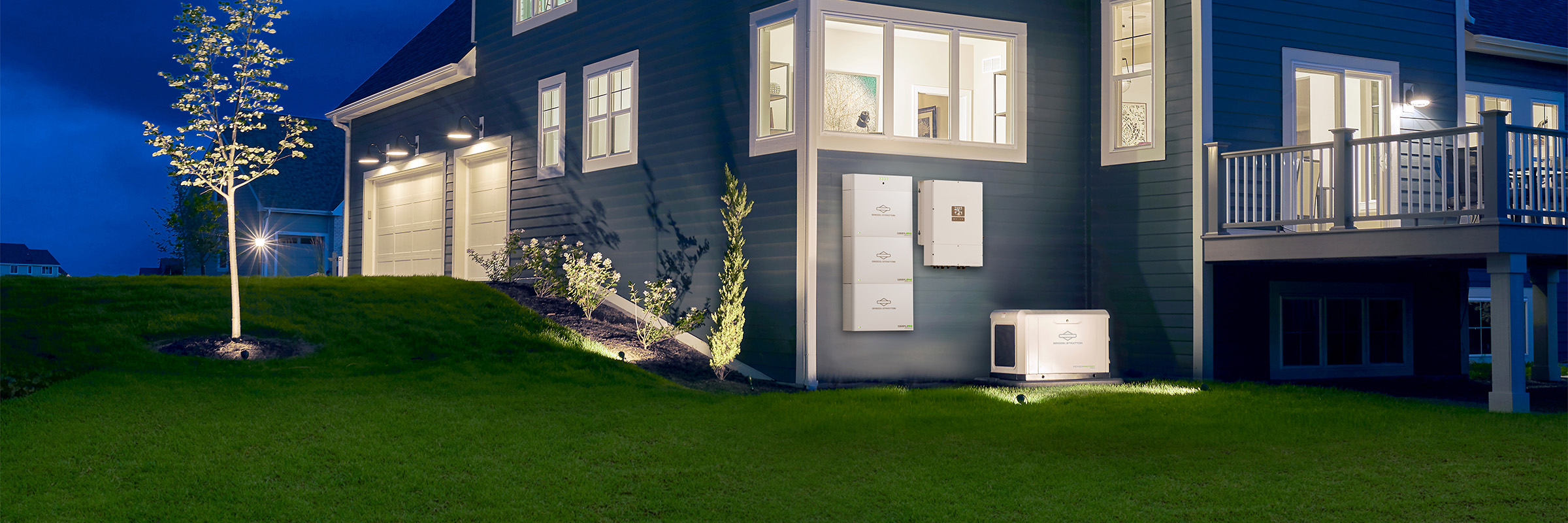
Buying an Energy Solution
We'll help make the right choice for you.
We make it easy for you to own our products by offering simple, easy ways to purchase.
Your local dealer will visit your home to determine specific installation and local permit needs for your standby generator. This includes checking the electrical meter, gas lines and circuit breaker panel location to scout the best placement for your generator unit, confirming your home's wiring specifications and discussing whether natural gas or liquid propane will work best for your Briggs & Stratton home generator system.
Your dealer will recommend the best home generator and placement for your needs. Then you will receive a price estimate that includes the generator unit; required transfer switch and modules; installation, labor and permit costs; and any accessories you may want to add on to your purchase. The dealer will also discuss available financing options.
Prior to the installation of your backup generator, your dealer will obtain necessary legal permits, finalize installation requirements, order necessary materials and schedule your installation date.
Your local installer will visit your home to determine the specific installation and local permit needs for your solar array and energy storage system. This includes checking the electrical meter and circuit breaker panel location to scout the best placement for your solar panels and energy storage system and confirming your home's wiring specifications. The installer should also consult with you on how to use the system (i.e. backup power, Time-Of-Use (TOU), etc) and establish what electrical loads you want to back up.
Your installer will recommend the best energy storage system based on your needs. Then, you will receive an estimate that includes items such as solar panels, racking, inverters, batteries, electrical equipment, permitting and labor. The installer will also discuss available financing options.
Permitting requirements vary depending on your location and the specific regulations in place. Your installer will submit permit applications and other required documentation to the Authority Having Jurisdiction (AHJ) If you would like to offset your electric bill through net metering with the utility, this will require other permitting applications.
Electrical upgrades may be necessary when installing solar and battery storage. Once all the permits have been pulled, the installer will start to work on your project and ensure all required equipment is on site.
Once the system passes final inspection with the AHJ, the utility will issue Permission to Operate (PTO) and it can be commissioned and energized for regular use.
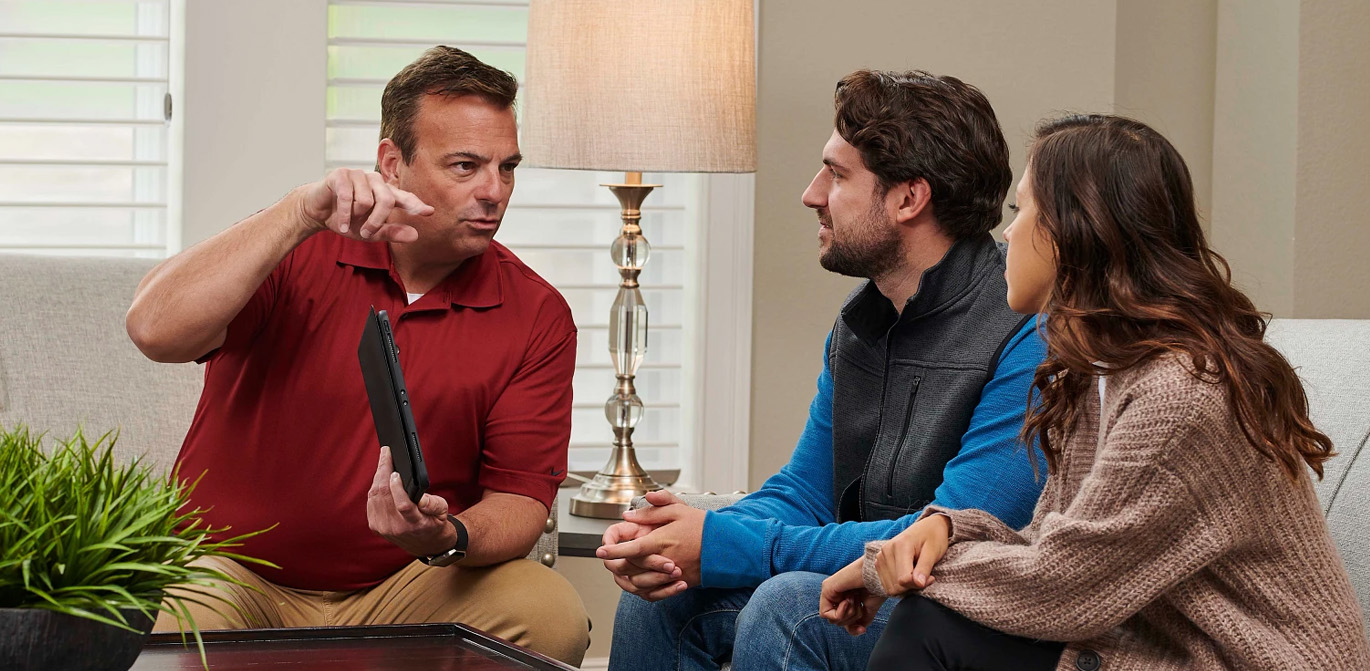
Make it easy to protect your home and family from power outages on a budget that works for you.
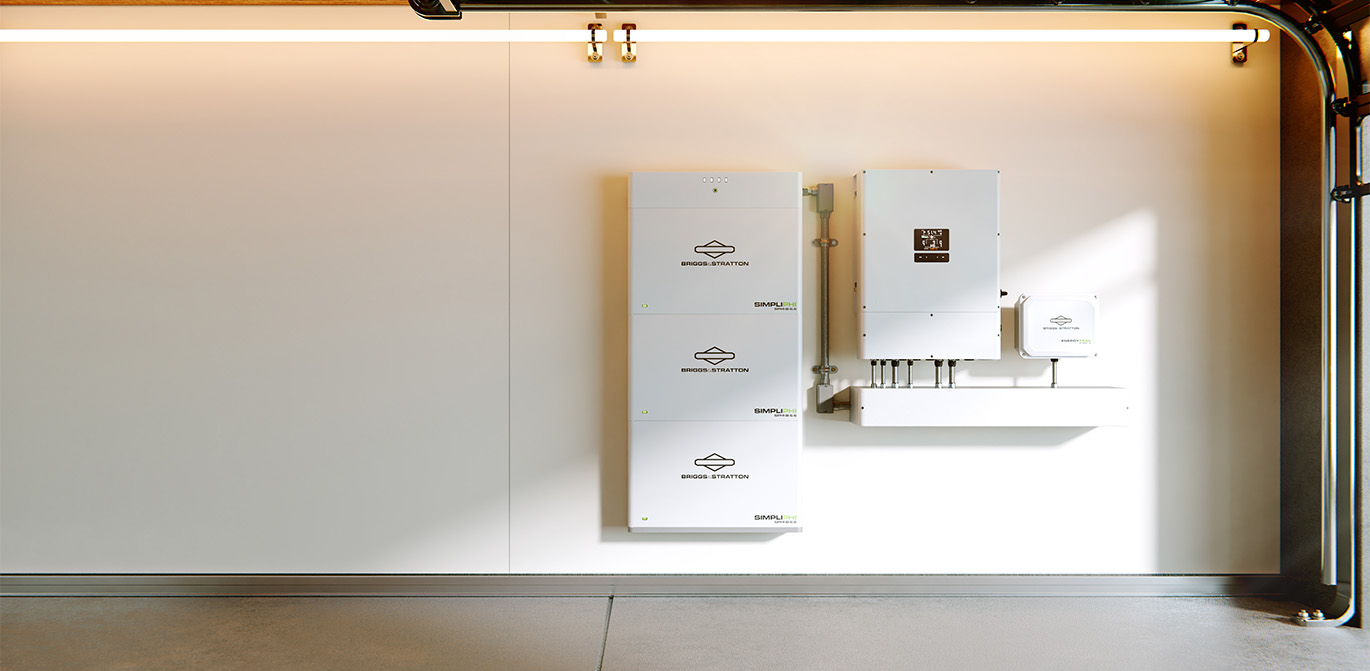
Finally, a backup power solution that doesn't break the bank.
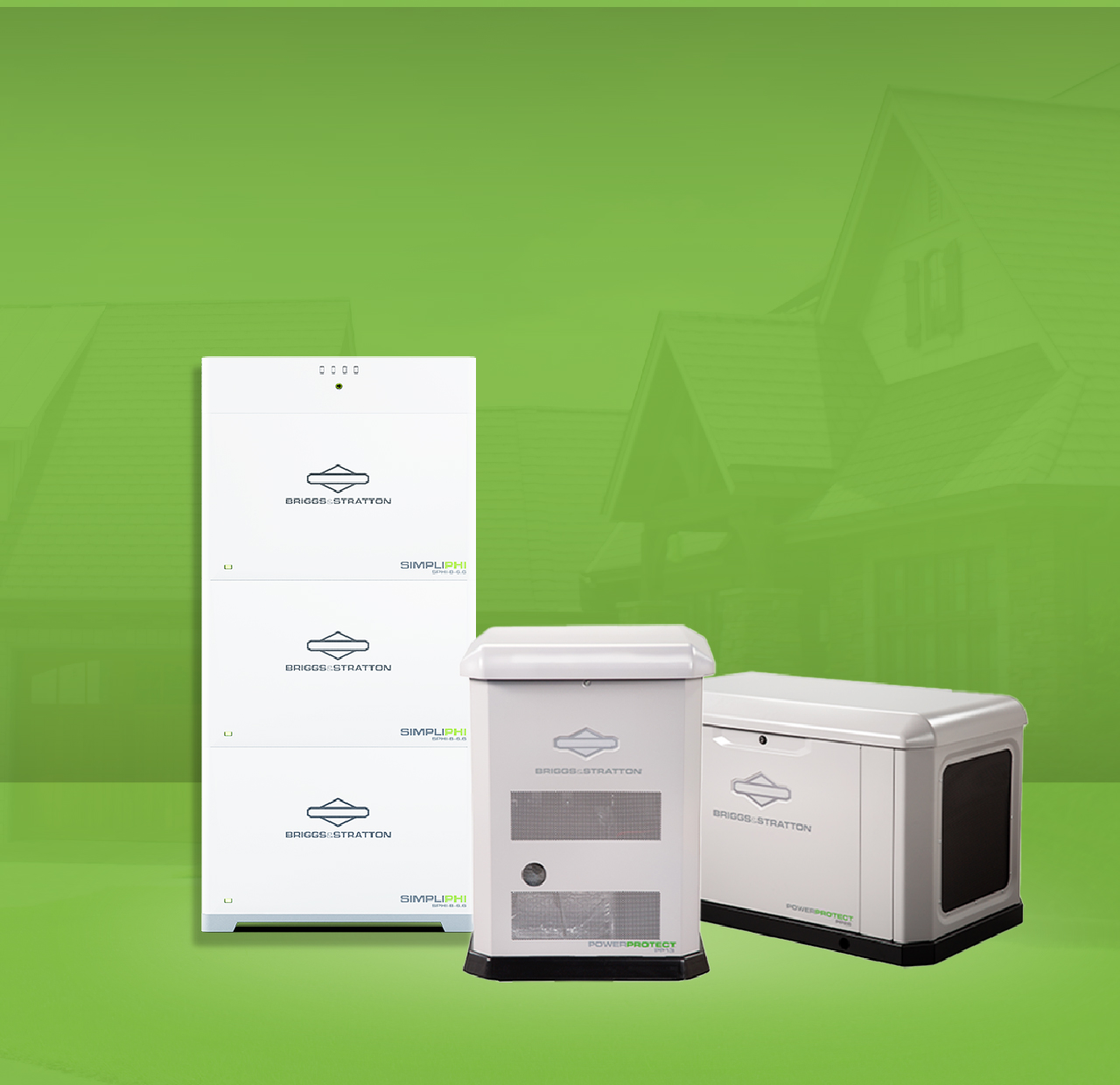
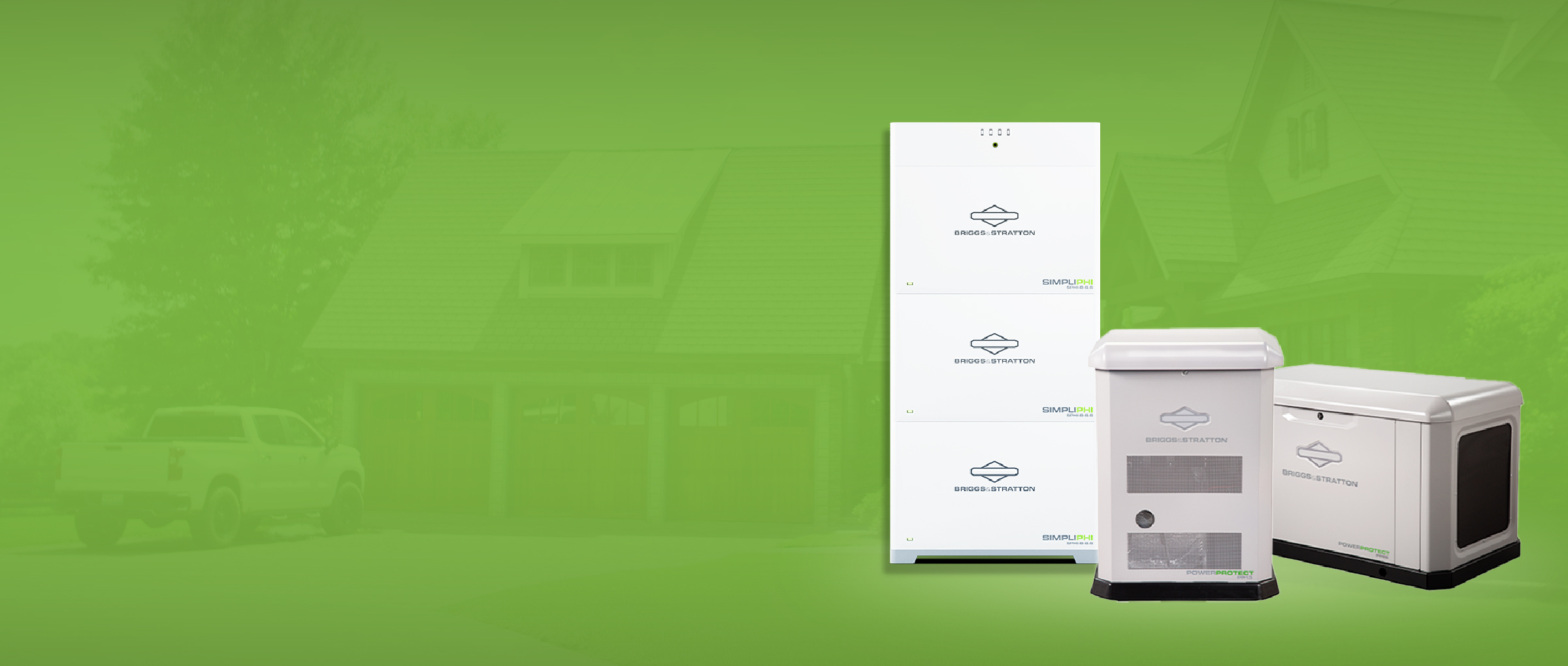
Complete the form below for a no-obligation estimate.